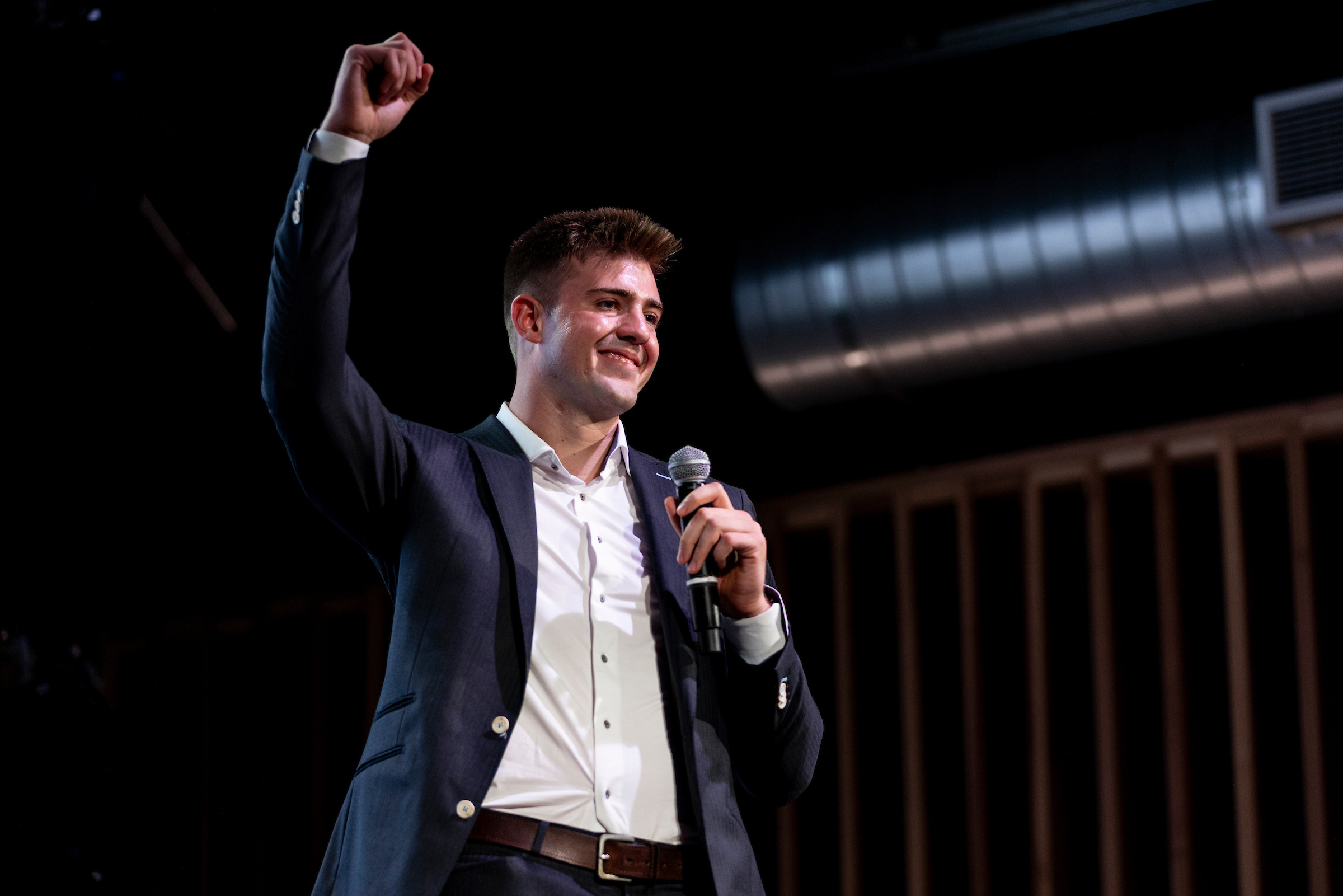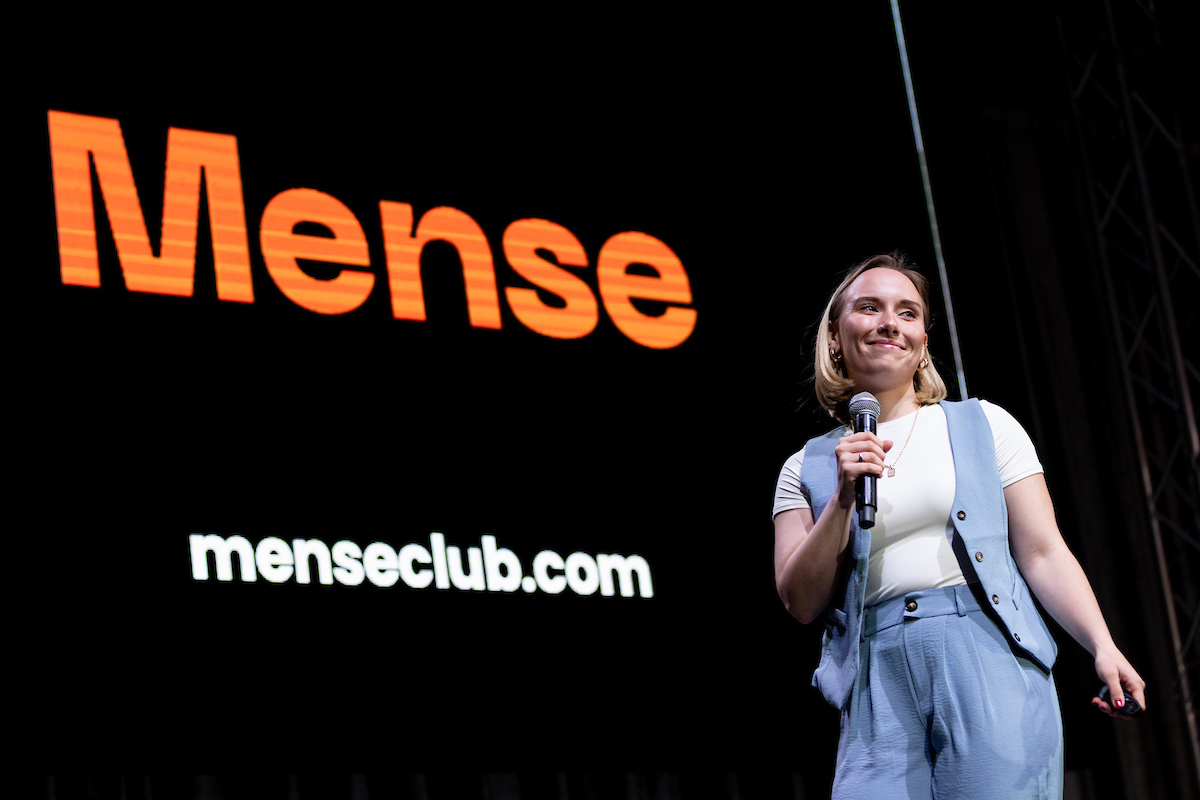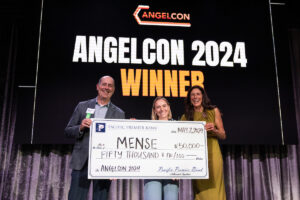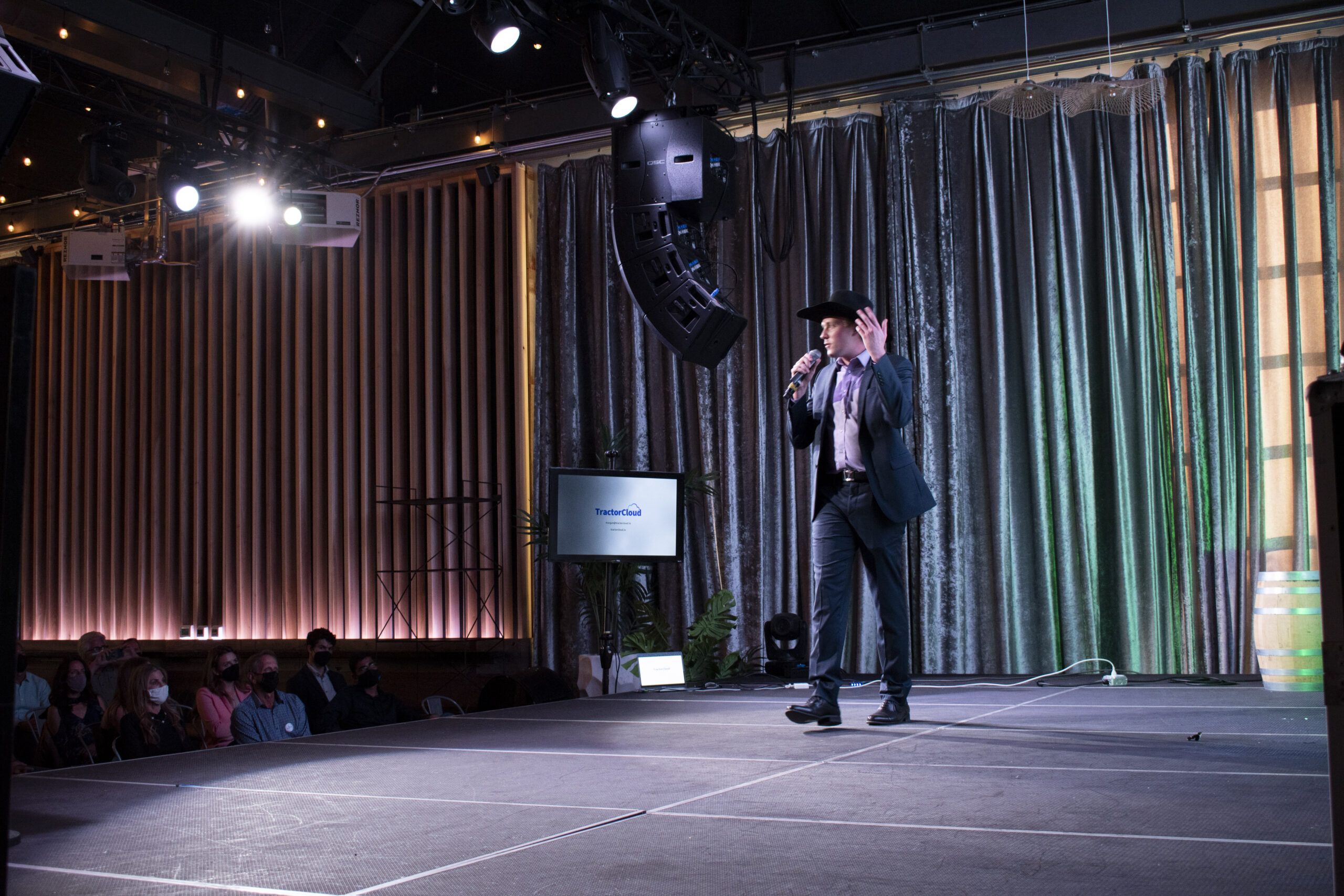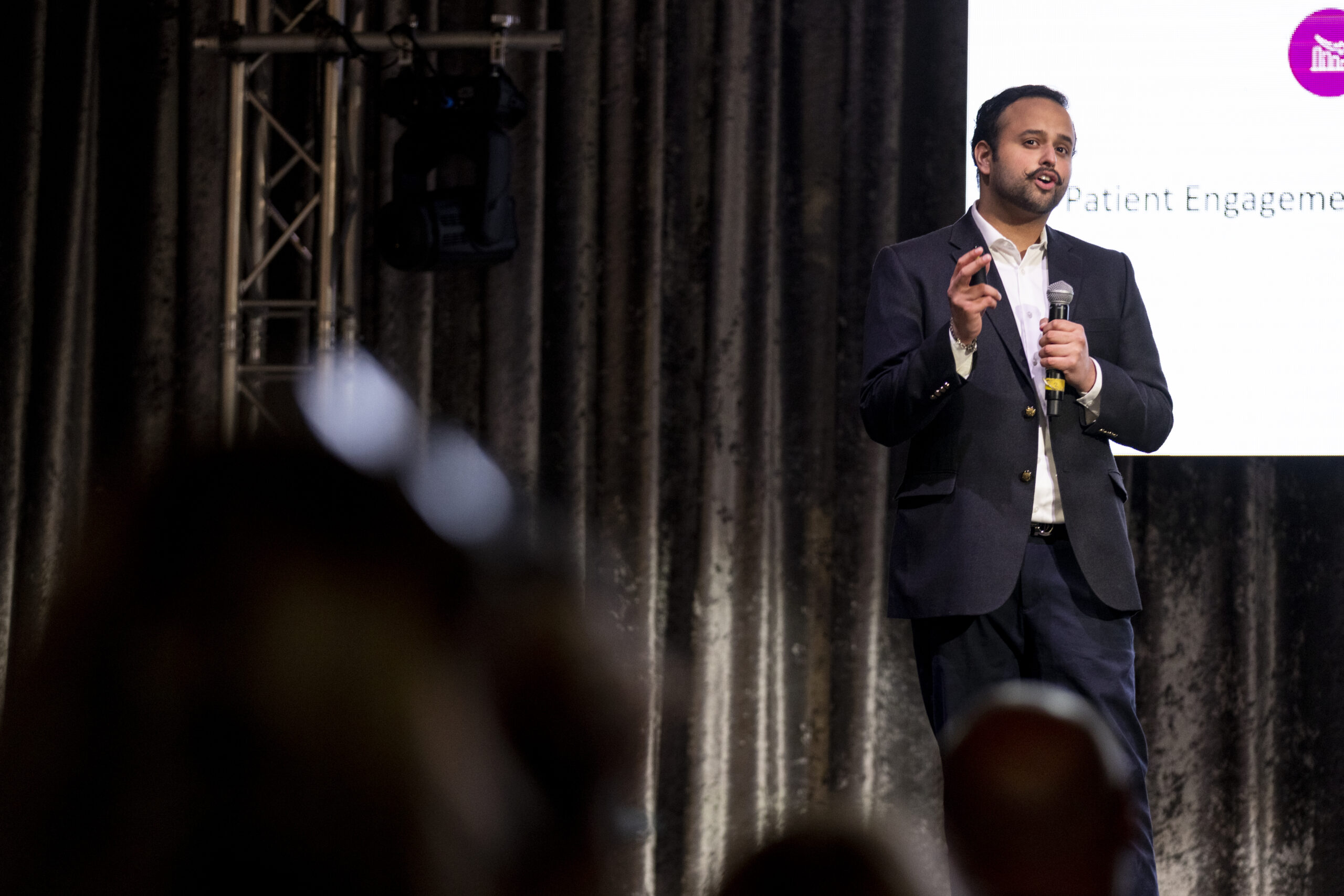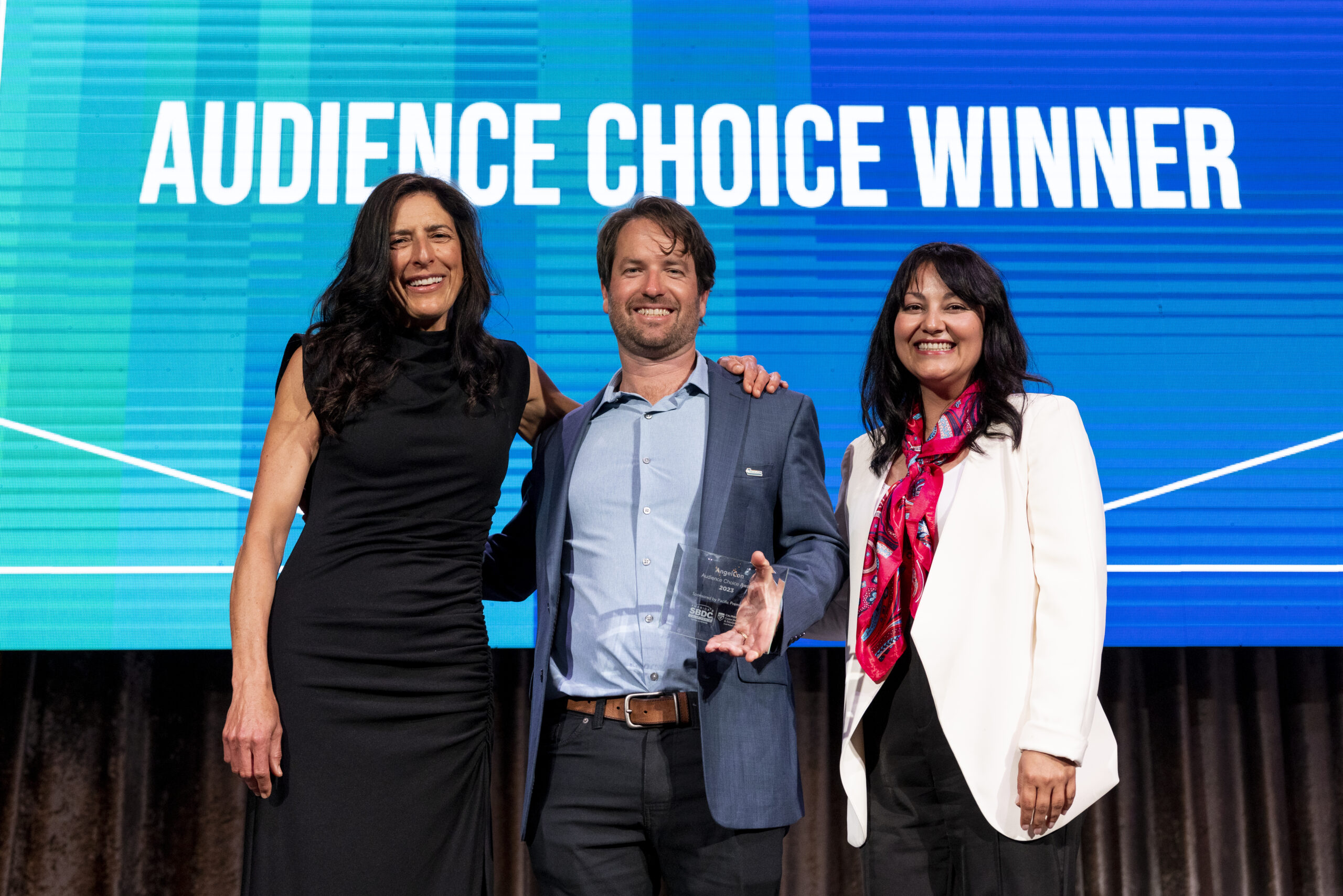Incubator Spotlight: Social Spark

For many recent graduates, the post-college transition comes with an unexpected challenge: loneliness. After leaving behind the built-in community of school, making new friends in adulthood can be difficult. That reality is exactly what sparked the idea behind Social Spark, a startup helping young adults build genuine, in-person friendships during life’s most transitional phases.
Founder Sam Moberly, a Cal Poly mechanical engineering alum with a minor in entrepreneurship, first started working on Social Spark as a senior project. Inspired by what she and her friends were experiencing during that post-grad adjustment, she felt a pull to create something new.
“I had a lot of friends who were graduating and realizing that after college, it’s really hard to meet people in person,” Moberly said. “And when I graduated myself, I started to realize this too.”
Through interviews, research and early testing, Moberly discovered a clear gap: people craved authentic friendships but didn’t know how to find them without relying on dating apps or awkward networking events. “We realized there were pretty abysmal solutions out there if you want to actually have the authentic way of meeting people in person,” she said.
Social Spark offers a more thoughtful approach. Users fill out a short application with their interests and availability, and Social Spark invites them to curated group outings (also known as “socials”), such as hikes, dinners or coffee meetups, designed to foster low-pressure environments for real connection. After piloting the idea and seeing how much people valued the experience, Moberly recognized the startup’s potential, but didn’t feel ready to grow it alone.
“I had never worked in business before, so I was not ready to take that step by myself,” she said.
That changed when her senior project advisors pointed her toward the Cal Poly Center for Innovation and Entrepreneurship’s (CIE) Summer Accelerator, a 12-week program that helps student founders launch their startups full-time. The experience became a launchpad for Social Spark, and once it ended, joining the CIE Incubator program was a natural next step.
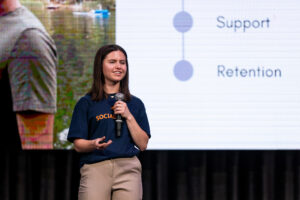
“It’s a pretty natural lead-in there because you go through 12 weeks of working on your startup every day, and now we get to be a part of this two-year program where we can continue to be connected to the CIE,” Moberly said. “We get help from all of these amazing advisors and have that strong support system while you’re still in the beginning phases of your startup.”
She credits the Incubator community as a key reason Social Spark has been able to grow. “We wouldn’t be where we are without all of those supporters,” she said. “And then there’s also the community element of getting to work with fellow founders who are oftentimes also in their first startup experience.”
Social Spark now hosts socials in cities across California, helping young adults statewide make meaningful connections where they live.
Moberly is building Social Spark alongside a dedicated team of fellow recent grads—Quoya Mann, Mariah Olson and Sophie Liu—who all bring shared passion and lived experience to solving the problem of post-grad loneliness.
Currently focused on serving 21 to 29-year-olds, Social Spark already sees opportunity to scale. “There is so much more that we can do—so many more age groups and demographics that we want to serve, and so many different communities across the country that we want to reach,” Moberly said.
Even as the company grows, the core mission remains the same: building genuine human connections. “Our goal is to be the future of friendships,” she said. “So whenever you’re in a phase of life where you’re not feeling like you have the solid friends around you and the support you want from the community, you can go out and easily make new friends.”
While Social Spark has evolved since its student project beginnings, the motivation behind it is still deeply personal. “We’re not meant to do life alone,” Moberly said in a recent interview with New Times SLO. “We all need support and a sense of belonging—and we want to help people find that.”
